justineanweiler.com – The rise of AI-enhanced search technologies is transforming the way people access information. By delivering personalized, instant answers to user queries, AI-driven search engines offer convenience and efficiency. However, this advancement poses a significant challenge to creators, publishers, and content owners. As search engines powered by AI, like Google’s Bard, ChatGPT, and Microsoft’s Bing AI, provide direct answers without always linking back to original sources, creators and publishers face the risk of losing visibility, traffic, and revenue.
In this article, we explore how AI-enhanced searches might undermine the work of content creators and publishers, and what can be done to address these concerns.
1. How AI-Enhanced Search Works
Traditional search engines, such as Google, respond to queries by displaying a list of links to relevant websites. Users click through these links to read articles, blogs, and other content. But AI-enhanced search engines work differently. Rather than merely pointing users to websites, they now interpret queries and generate direct responses by pulling content from across the web, providing users with summarized answers in seconds.
These AI systems rely on vast amounts of data scraped from websites, articles, and media to deliver answers. While this method is efficient for users, it raises concerns about how creators’ content is used without proper attribution or compensation.
2. The Threat to Creators and Publishers
As AI-driven search engines become more widespread, creators and publishers face several challenges that could disrupt their business models:
2.1 Loss of Website Traffic
One of the most immediate concerns is a decline in website traffic. AI-enhanced search engines give users direct answers to their questions, eliminating the need to visit the source websites. For example, if a user searches for “top travel destinations in 2024,” the AI may provide a summary based on multiple blog posts, bypassing the need for the user to click on individual websites.
This results in fewer visitors to content creators’ websites, reducing their ad revenue, affiliate marketing income, and potential subscribers.
2.2 Lack of Proper Attribution
Another major issue is the lack of content attribution. While traditional search engines display links to original sources, AI-generated responses often omit proper credit to the creators. Content is summarized and delivered without directing users back to the publisher’s website, depriving creators of the recognition and audience they deserve.
2.3 Disruption of Revenue Models
Many online publishers rely on monetization strategies like ad placements, paywalls, and subscriptions. AI-enhanced searches, by summarizing and delivering content directly, bypass these models. Without the traffic driven by traditional search engines, publishers lose out on revenue from advertising and paid content.
For example, news websites that depend on ad revenue will see a decline in earnings if readers consume AI-generated summaries instead of visiting the original articles.
3. Content Scraping and Ethical Concerns
AI systems are trained on vast amounts of publicly available data, much of which comes from content scraping. This practice involves extracting information from websites to build AI models, which raises ethical concerns. Creators argue that the content they invest time and resources into producing is being used without fair compensation.
While fair use laws may allow for some level of content extraction, the large-scale scraping done by AI systems challenges existing copyright protections. Many believe there is a need for stronger licensing agreements and copyright regulations that ensure fair use of content.
4. Legal and Copyright Implications
The rise of AI-enhanced searches has sparked debates about the adequacy of current copyright laws. Some legal experts argue that AI-generated summaries constitute transformative use, meaning they are not direct copies but altered versions that create new value. However, creators and publishers contend that their content is being used without proper permission or compensation.
This growing tension suggests a need for new legal frameworks to govern how AI systems use and repurpose online content.
5. The Responsibility of Tech Companies
Tech giants like Google, Microsoft, and OpenAI are leading the charge in developing AI-enhanced search technologies. These companies will play a pivotal role in shaping how AI interacts with creative industries. Here are a few ways they can help balance innovation with fairness:
5.1 Revenue Sharing Models
One potential solution is for AI platforms to introduce revenue-sharing models with content creators. Just as Google AdSense allows websites to earn money from ads, AI companies could pay creators for the use of their content in AI-generated responses.
5.2 Clearer Attribution
AI platforms could improve attribution practices by ensuring that AI-generated summaries clearly link back to the original content. This would give creators the credit they deserve and drive more traffic to their sites.
5.3 Licensing Agreements
Tech companies could establish licensing agreements with creators and publishers, allowing content to be used in AI models while ensuring that creators are compensated. This approach would create a more balanced relationship between AI platforms and content producers.
6. How Creators Can Adapt
While AI-enhanced searches present challenges, they also offer opportunities for creators to adapt and thrive:
- Diversify Revenue Streams: Creators may need to explore alternative income sources such as paid subscriptions, direct fan support (e.g., Patreon), or exclusive content that AI cannot easily replicate.
- Optimize for AI: Publishers can optimize their content for AI systems by focusing on search engine optimization (SEO) and producing content that is high-value and difficult for AI to summarize, such as in-depth analyses or multimedia.
- Advocate for Change: Creators and publishers can advocate for stronger legal protections, fair compensation, and ethical AI practices to ensure that their content is protected.
7. Conclusion: A Balancing Act
AI-enhanced searches represent a powerful tool for delivering information more efficiently to users. However, without proper safeguards, they can undermine the work of creators and publishers by reducing traffic, eroding revenue, and removing attribution.
As AI technology continues to evolve, it’s crucial that tech companies, creators, and regulators work together to create a system that respects the value of creative content while leveraging the benefits of AI. Finding a balance between innovation and fair compensation will be key to sustaining a healthy digital ecosystem for both users and creators alike.7


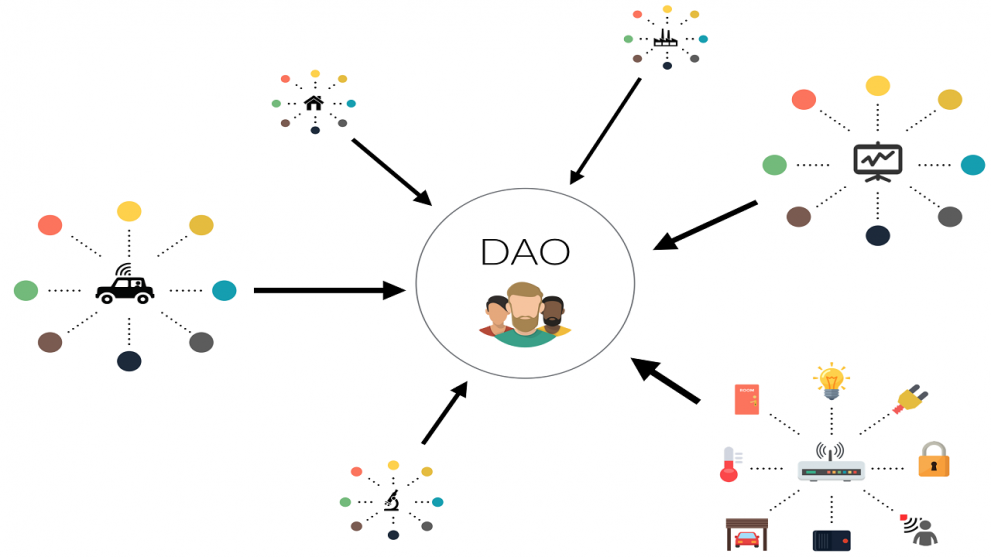
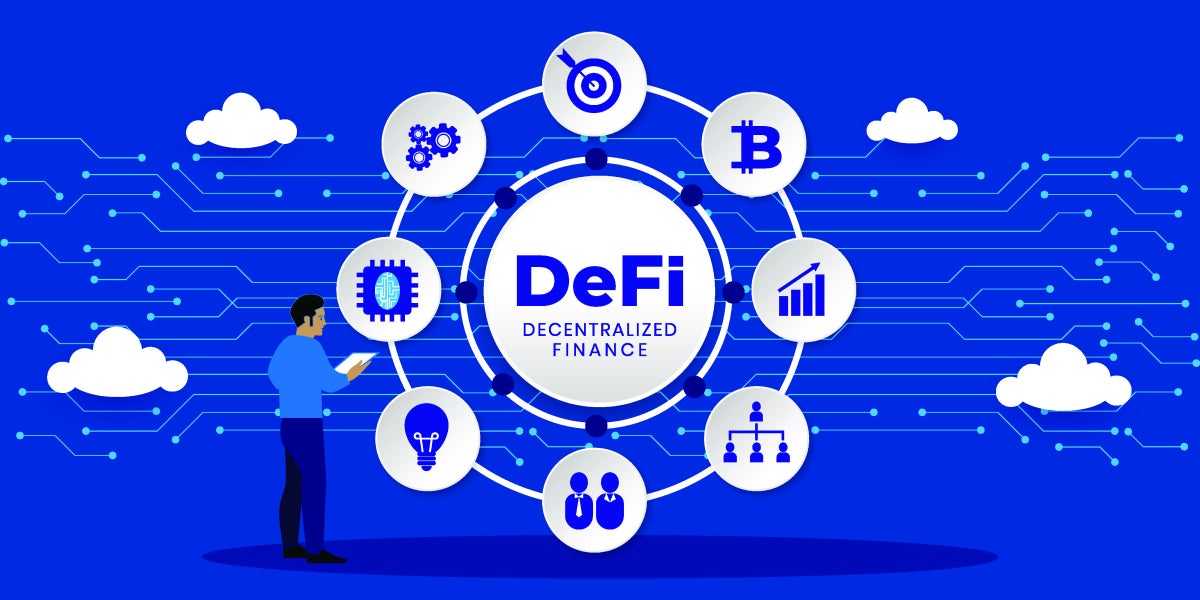




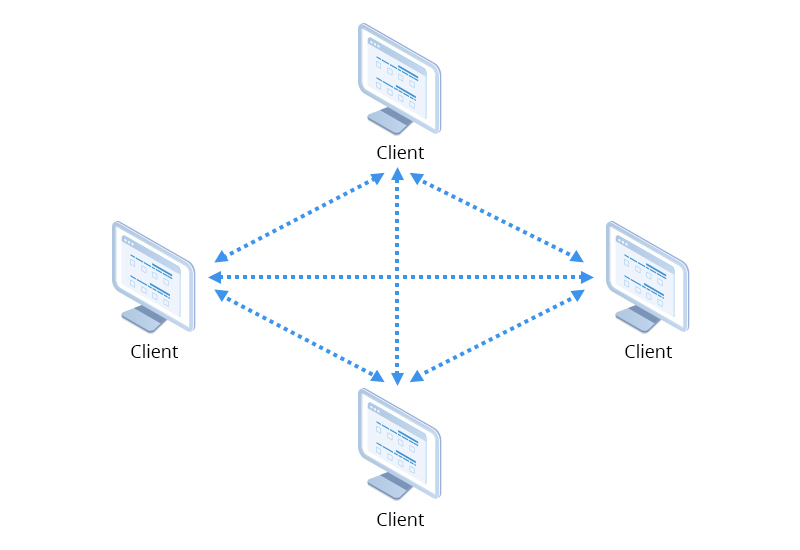
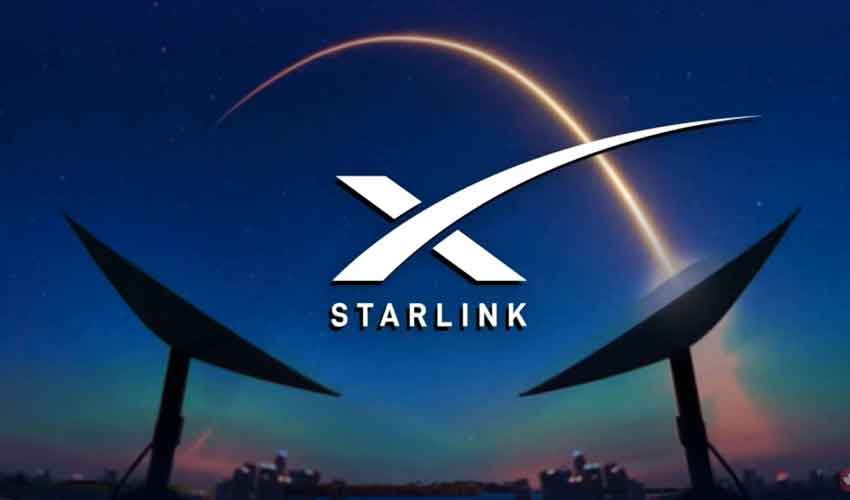

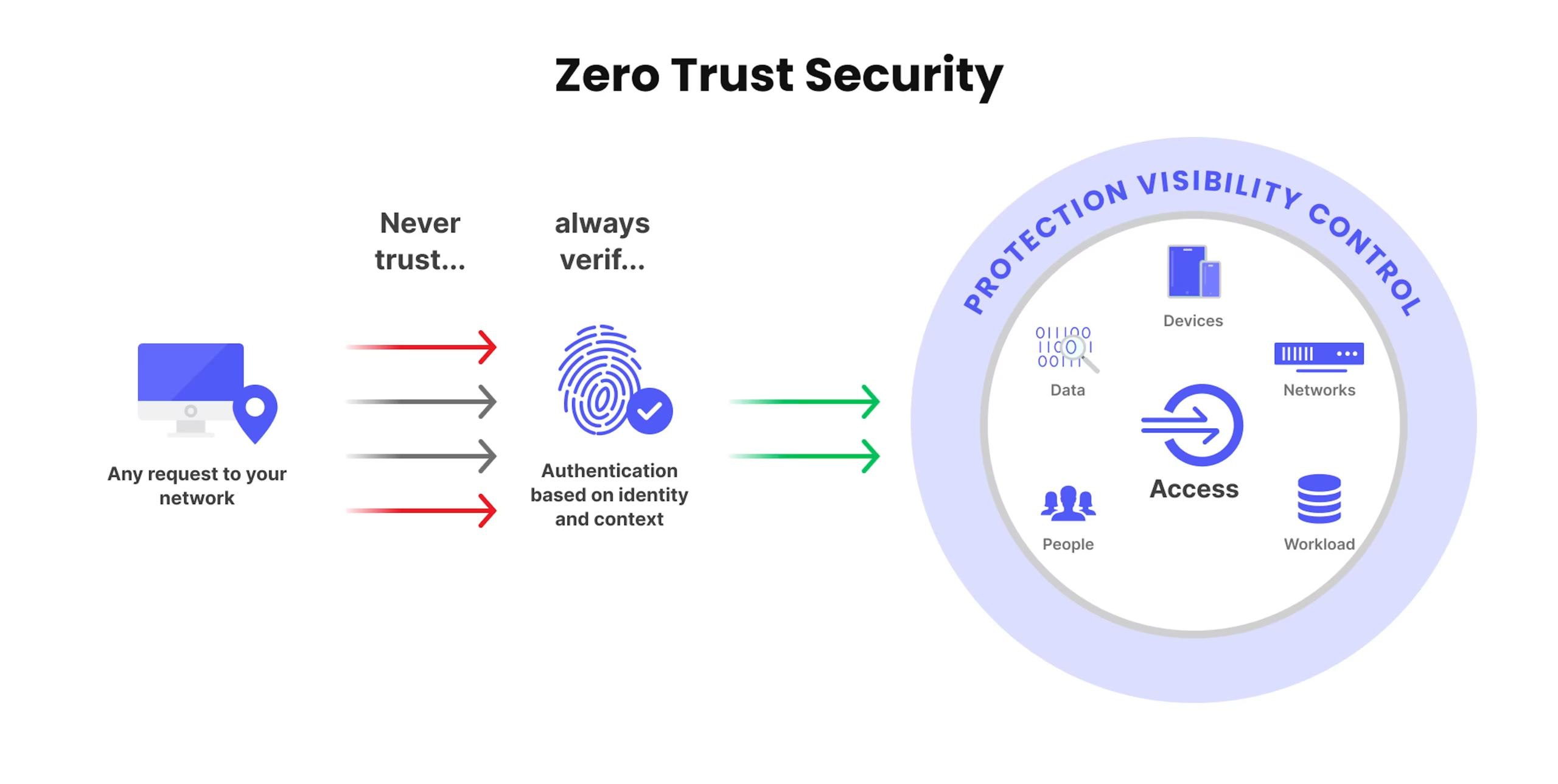


Leave a Reply